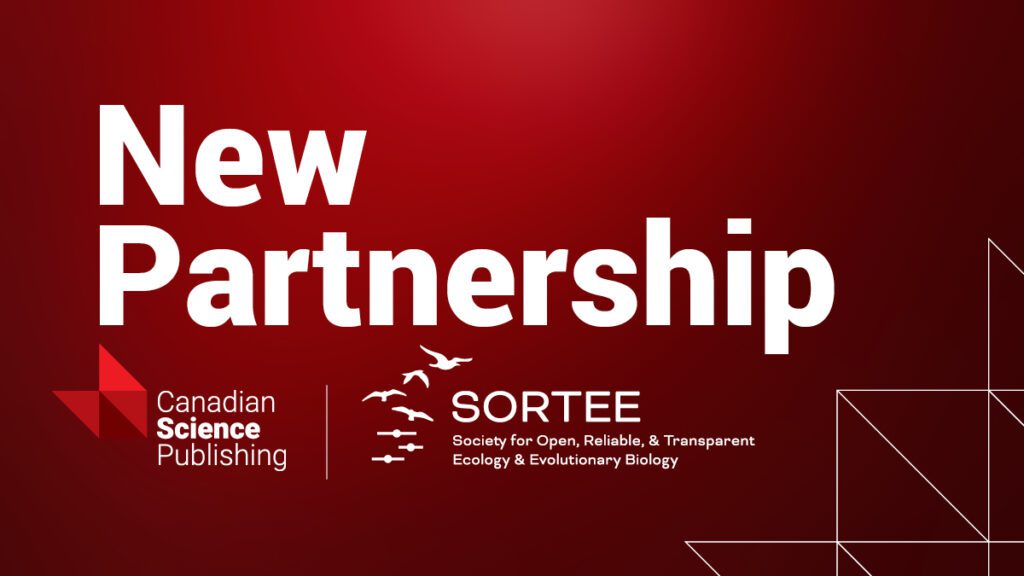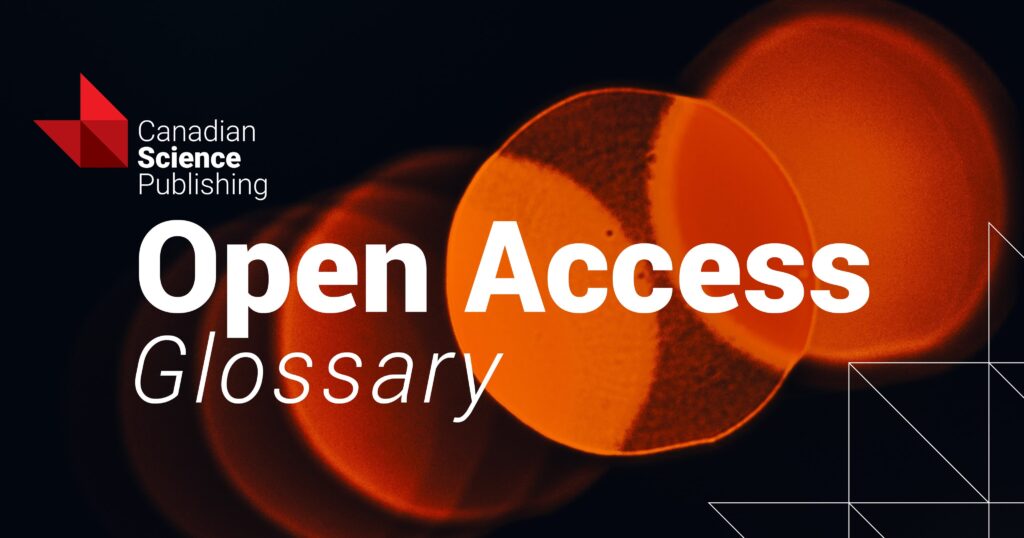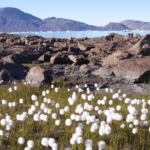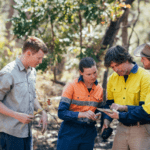The scientific method, inherently iterative, builds on previous knowledge to inform new hypotheses. Metascience, a sub-discipline dedicated to the study of science itself, reveals that the practice of science continually adapts and changes in the pursuit of better science. Despite this adaptability, participation in science and access to scientific knowledge are not equally accessible. At the 2023 joint meeting between the Canadian Society for Ecology and Evolution (CSEE) and the Canadian Botanical Association (CBA), the Section Working for Equity in Ecology and Evolution Today (SWEEET) and CBA’s Inclusion, Diversity, Equity and Accessibility (IDEA) committee organized a workshop to address how inadequate funding and inaccessibility is jeopardizing science. In this blog we’ll summarize key discussion points from our workshop with the goal of sharing this information beyond the SWEEET audience for all those working in botany, ecology, and evolutionary biology.
Funding and open science as avenues for improving accessibility and equity in science
Equity and open science
Academic incentives encourage scientists to restrict access to research products and to publish in high impact-factor journals—most of which are not freely accessible—resulting in barriers to knowledge. The open science movement aims to change these practices by advocating for free public access to scientific data and publications, which are often produced using public funds. However, open science has been met with some resistance. There are several reasons for opposition: perceived risk of being “scooped,” privacy and governance concerns associated with certain data, infrastructure limitations, and financial constraints. As our colleagues in ecology and evolutionary biology have noted, “open-science practices are not equally accessible to all scientists,” and it is important to recognize the barriers and power structures in place that may reinforce inequities in the pursuit of open science. In many ways, the adoption of open science in botany, ecology, and evolutionary biology requires a cultural shift towards recognizing and rewarding the values of open science, while addressing these barriers.
However, some of the resistance towards open science stems from misconceptions about the cost; there is the erroneous understanding that open access publishing is necessarily expensive. There are many routes to open access, the majority requiring no payment by any party. Preprints, for example, are versions of manuscripts that precede formal peer review and publication. Uploaded at no cost to a preprint server, they are visible to anyone. Green open access allows self-archiving of the peer-reviewed article in an open access repository. (Whether the article is formatted or unformatted depends on the policy of the journal you are publishing in and whether you retained the rights to your work.) Most academic institutions host their own repositories, but general-purpose repositories like Zenodo are also available. Diamond open access is another attractive, no cost option analogous to the traditional publishing system except that no fee is levied to publish and no subscription is required to read the articles, as publishers receive funding from governments or research institutions to cover editorial costs. The Directory of Open Access Journals has a helpful tool you can use to search for journals by subject matter and by publication fee. Journals that charge a fee to authors to publish may also form partnerships with academic institutions that allow their members to publish for lower or no fees. Canadian Science Publishing, for example, has several agreements with universities across Canada.
There are many organizations working to make it easier for researchers in ecology and evolutionary biology to engage in open practices.
- The Society for Open, Reliable and Transparent Ecology and Evolutionary Biology hosts workshops and conferences for researchers to learn about open practices.
- The Open Climate Campaign is working to make the open sharing of research the norm in climate science and offers resources and an action kit for researchers.
The challenge of funding
While progress is being made towards open access to scientific knowledge, there remains a lack of equity in science participation. Barriers come in many forms, but one of the most significant is inadequate funding, which directly excludes individuals from doing science. Gathering scientific evidence itself requires funding, often accrued through granting agencies such as the Natural Sciences and Engineering Research Council of Canada (NSERC)—which provides grants to primary investigators and offers scholarships and fellowships to support the salaries of early-career researchers in Canada. However, neither grant funding nor scholarship and fellowship funding have kept pace with inflation, which poses a challenge especially for early-career researchers. Support Our Science, a grassroots organization advocating for living wages for Canadian graduate students and postdoctoral researchers, has heard from many struggling early-career scientists that pursuing research is a choice they simply can’t afford. For example, one anonymous student said, “I’m forced to choose between my passion for research and the financial stability of myself and my family.” Many more emphasized how their continued work in the field was made possible only with the financial support of family or spouses. This disproportionately affects those from underprivileged backgrounds who may not have the financial safety net to fall back on when funding is insufficient or who had limited access to resources growing up that, on paper, can make them less competitive for scholarships. A recent study published in Biochemistry and Cell Biology found discrepancies in financial challenges faced by students with different ethnic backgrounds. Such studies beg the question: whose voices are we missing because the financial barriers were insurmountable?
Broadening impact assessment for inclusivity
Biases in the funding process further impede equity. Though granting agencies have established Equity, Diversity, and Inclusion practices, the means of writing effective EDI statements is itself subject to biases. Templates and examples of effective statements may mitigate these biases. Furthermore, recognizing impact beyond Journal Impact Factor (JIF) is another pathway to enhance equity. Scientists who actively engage with those impacted by research (e.g., decision-makers, community members) will frequently have a greater ‘real life’ impact than those who only communicate with the academic community. Indeed, making scientific outputs openly accessible to broad audiences only acts to increase the impact of that work. By looking at different axes of impact across different audiences (students, industry or field leaders, government, general public) we can recognize that science excellence extends beyond publications and citations.
The San Francisco Declaration on Research Assessment (DORA), which recently celebrated its tenth anniversary, advocates for a more holistic assessment of the impact and quality of research. While DORA makes excellent recommendations for scholarly evaluation, and while many funding agencies have signed DORA’s declaration, many Canadian funding agencies, organizations, and researchers have yet to truly adopt these values. During conversations at this year’s SWEEET workshop, it was clear that open scholarship, adequate funding, and improved, equitable research evaluation practices are necessarily intertwined.
It is “impossible to separate the evaluation of research from questions about who and what research is for, who gets to be involved, and how it should best be carried out, all of which have to take account of the power dynamics that shape the scholarly landscape. Equally, progress towards open scholarship… requires changes in the ways that researchers and their research outputs and practices are assessed, incentivized and constructed.”
— DORA
How can we improve accessibility and equity in science?
Redirecting and re-investing funding into open, equitable initiatives positions science as a public good, facilitating discovery and innovation. Improving access to science implicitly requires access to doing science, and that means making sure researchers on the frontlines are in a financial position to participate. We have seen firsthand how increased funding paired with open access initiatives accelerated solutions to the acute challenge of the COVID-19 pandemic. The ongoing challenges of our time, including the climate crisis, pandemic preparedness, and decline in biodiversity, require innovation and discovery; all fields benefit when all voices are welcome to contribute and that those contributions are accessible.
It is clear to us in the fields of botany, ecology, and evolutionary biology that continued conversation and awareness are essential for a paradigm shift in the acceptance of open science and how science is evaluated. In other scientific disciplines (e.g., physics) open science has been standard practice for many years and widely accepted as part of the disciplinary “culture.” We are moving in that direction, but we still have a ways to go. Ultimately, these are necessary steps for improving equity, diversity, inclusion, and accessibility within our field.
We hope to keep these conversations open and ongoing. Join SWEEET for next year’s CSEE meeting in Vancouver!
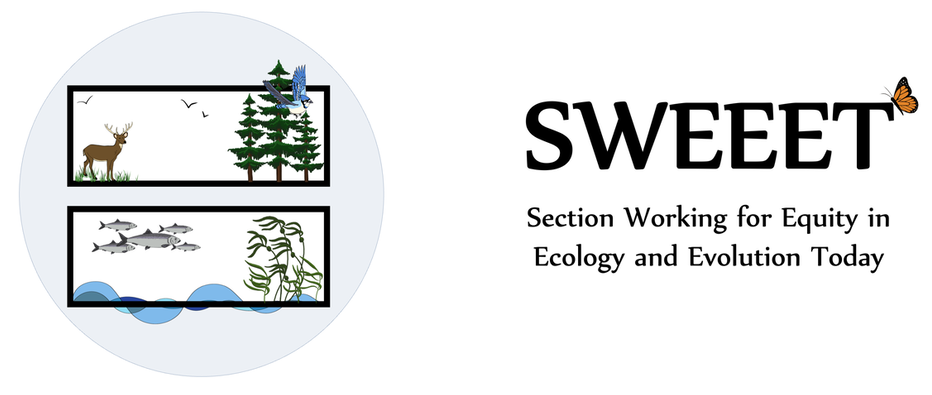
About the Authors
2023 SWEEET organizers and panelists: Carling Bieg, Megan Brownlee, Nicole Fenton, Monica Granados, Fanie Pelletier, Jana Vamosi and Andrea Wishart.


